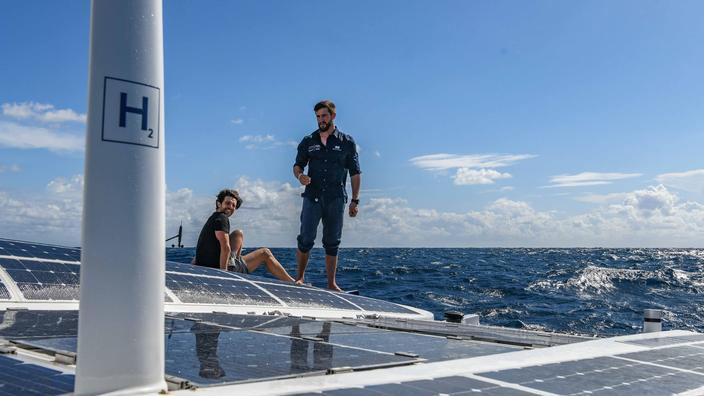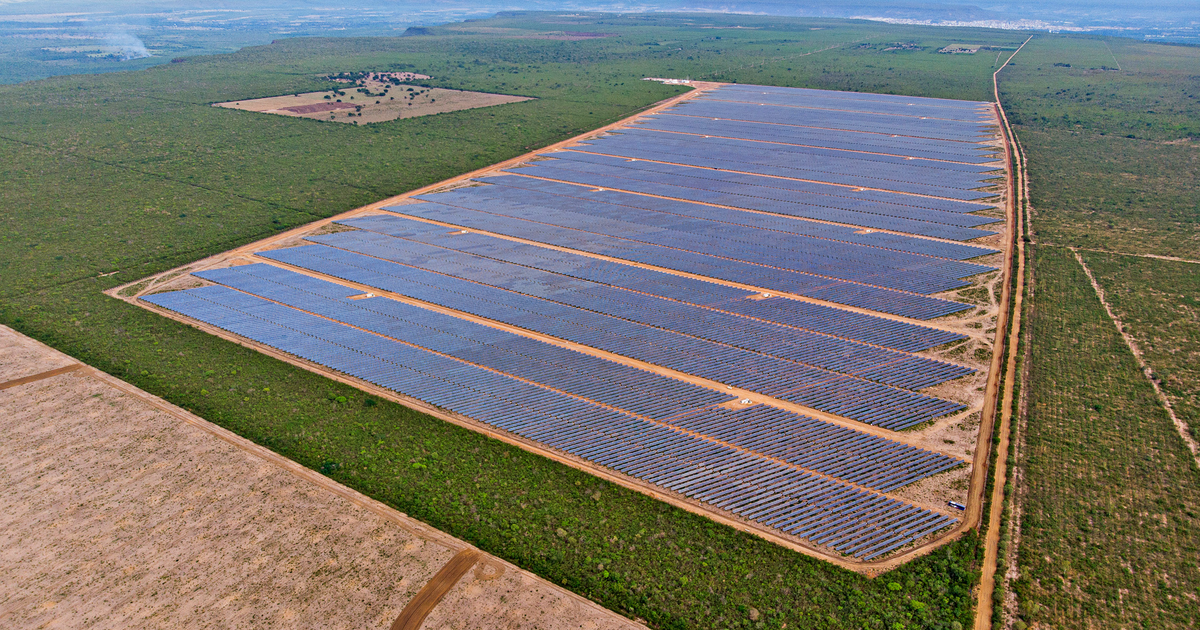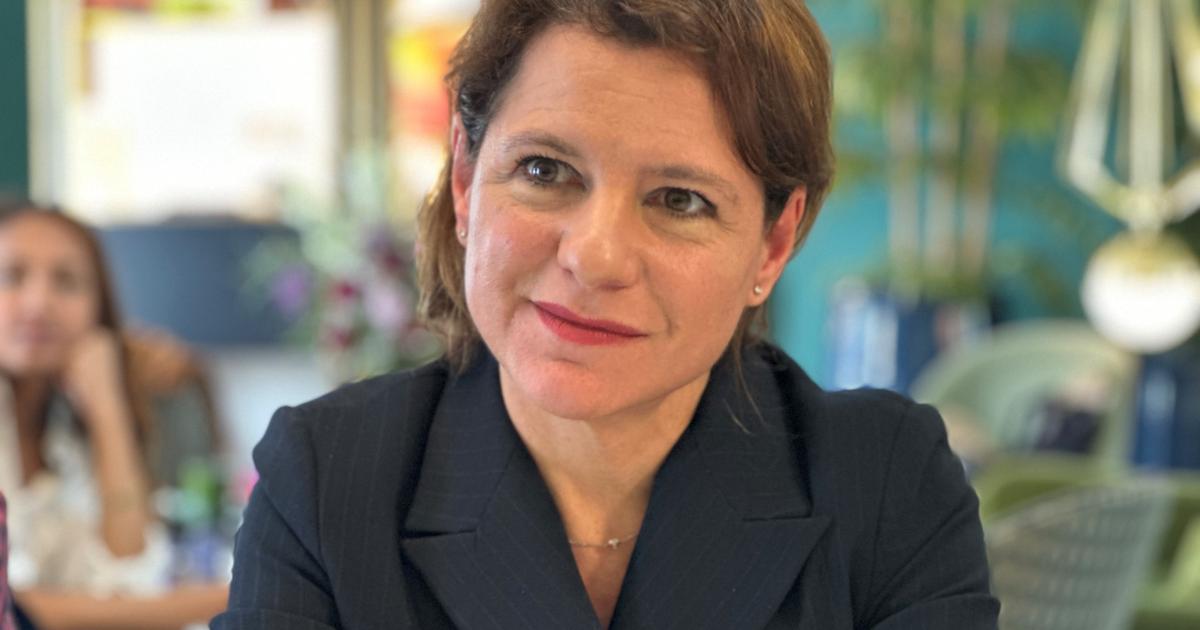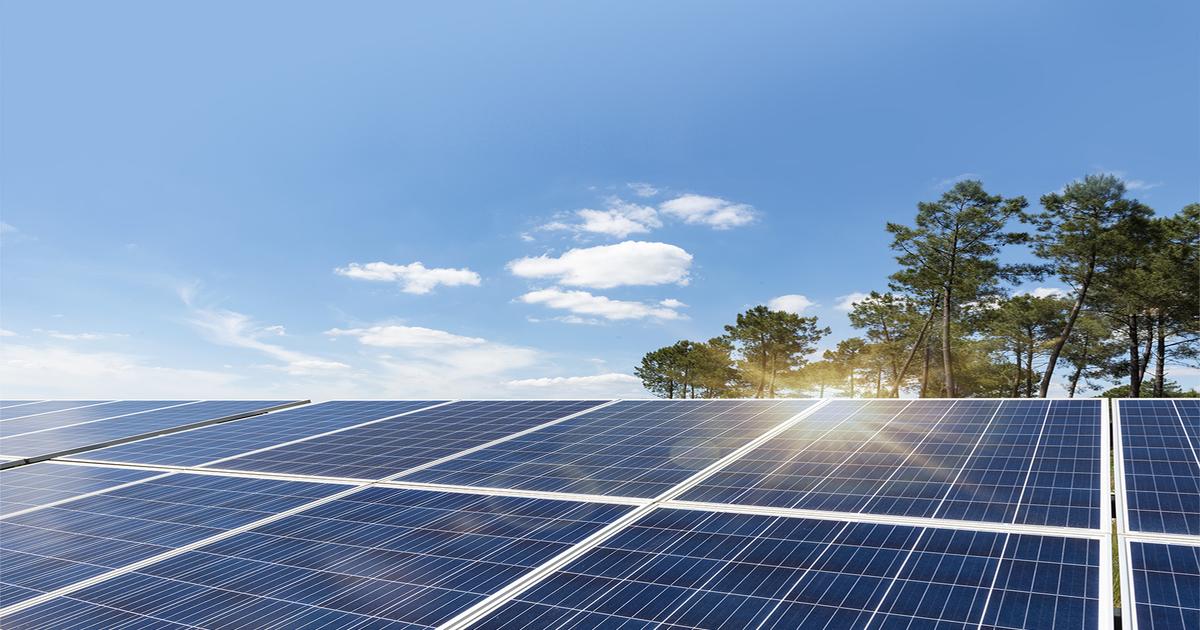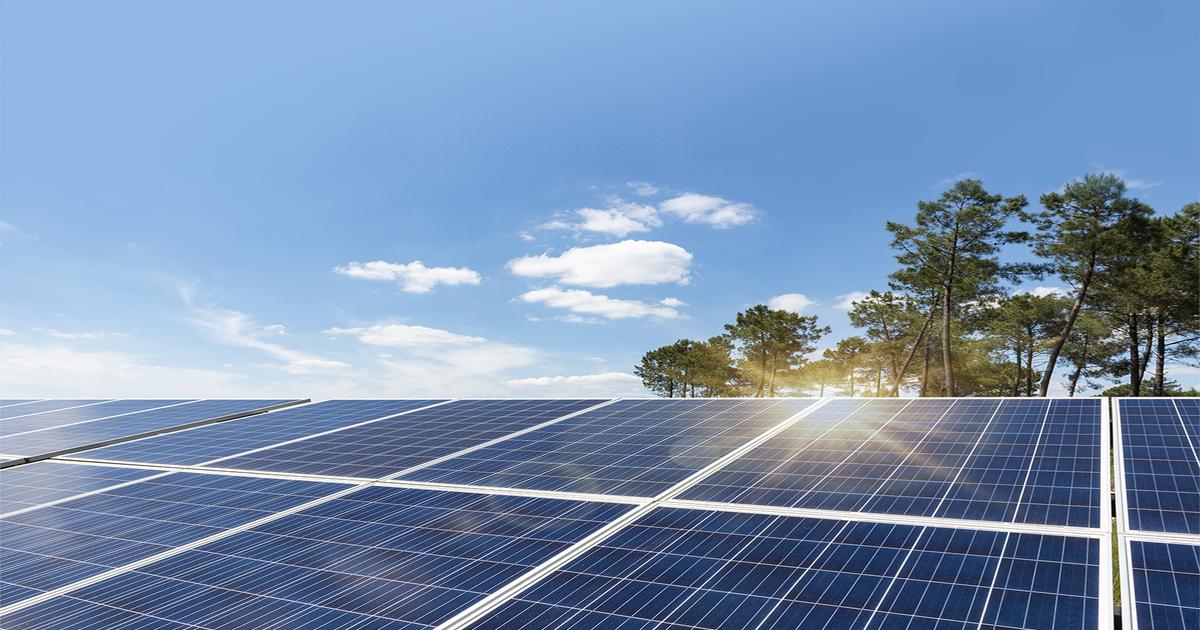While oil and natural gas still supply 80% of buildings, factories and means of transport in Europe, the Paris Agreements require exploring all possible avenues to decarbonize our economies.
Hydrogen is one of the solutions.
The recovery plan announced in 2020 by the French government provides for an envelope of 7 billion euros for the hydrogen sector in order to compete with China, South Korea and Japan, three countries very active on this subject.
Germany, for its part, put 9 billion euros on the table.
It must be said that hydrogen, the most abundant chemical element in the universe, has many advantages.
It is first of all the ideal ally of solar and wind power because it allows the electricity produced to be stored intermittently.
Indeed, the
Power-to-Gas
technique
transforms electricity into hydrogen gas.
This is stored, then reinjected in the form of electricity in the networks when wind turbines and solar panels do not produce enough.
Hydrogen is also a promising fuel that generates neither carbon dioxide nor fine particles, while offering a range much greater than electric propulsion.
While an electric bus takes 4 hours to recharge, the hydrogen bus fills up in just 20 minutes.
In maritime transport, hydrogen could replace heavy fuel oil, a particularly polluting fuel.
It is still necessary to manufacture this gas in a clean way.
To date, the main users (in particular steelmakers, cement manufacturers and oil refineries) mainly use “gray” hydrogen, which is produced by “cracking” natural gas (or methane), a very emitting process. in carbon.
The industry has a major challenge to take up: that of replacing this “fossil” hydrogen with hydrogen generated from renewable electricity.
The electrolysis of water is a promising avenue.
The French Prime Minister wishes to see the emergence in the coming years of “gigafactories” of electrolysers in France.
The French champions are in the race.
Leader in energy transition, the ENGIE group created a unit dedicated to renewable hydrogen in 2018 and has more than 200 experts.
Committed to some thirty projects in ten countries, it aims to install three gigawatts (GW) of hydrogen capacity by 2030.
“Renewable hydrogen is both an essential component of the energy mix and one of the key industrial tools for a successful transition to carbon neutrality. ENGIE is developing renewable hydrogen solutions with our partners for industrial uses, mobility and energy,
”explains Claire Waysand, acting CEO of ENGIE.
In addition to its environmental interest, renewable hydrogen guarantees technological sovereignty and energy independence in the country, since it is produced locally.
One more argument for this gas which definitely combines the advantages.
No wonder, under these conditions, that the ENGIE group is developing hydrogen projects well beyond its borders - from Europe to Australia via Singapore.
For example, in the Netherlands, the energy company successfully tested refueling of Coradia iLint, the world's first renewable hydrogen passenger train.
As a partner of the Energy Observer Odyssey, the first energy-autonomous hydrogen vessel, ENGIE also contributes to raising public awareness of solutions against climate change.

